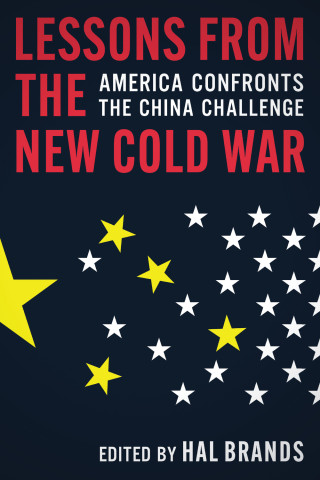
Reviews
James Davis's important and persuasive new book addresses the previously under-theorized issue of promises and assurances in international relations.
Davis has written a perceptive and thought-provoking book.
Threats and Promises is a tightly argued and well-written dissection of the logic and praxis of promises as part of a broader strategy of influence. Davis develops a coherent set of propositions which is informed by the arguments of prospect theory. This analysis will be a central part of any further examination of strategies of influence.
A solid contribution from a talented young scholar who makes the first serious effort to explore the relevance of prospect theory for evaluating the role of threats and promises in the conduct of foreign policy and for combining them in a much-needed broader influence theory.
An insightful, well-argued, and indeed elegant study of a neglected problem: the role of promises and assurances in international politics. The central idea is that when aggressive behavior is rooted in anxiety and not in greed, it might not make sense to deal with it through a strategy of deterrence—that indeed in such cases more flexible strategies might well be in order. A scholarly and provocative piece of work.
Book Details
Acknowledgments
Chapter 1. Threats and Promises
Chapter 2. Tools of Influence
Chapter 3. A Theory of Influence
Chapter 4. Confronting Prussian Ambition: Influence in the Domain of Gains
Chapter 5. Conquest
Acknowledgments
Chapter 1. Threats and Promises
Chapter 2. Tools of Influence
Chapter 3. A Theory of Influence
Chapter 4. Confronting Prussian Ambition: Influence in the Domain of Gains
Chapter 5. Conquest or Consolidation?: The Importance of Motives
Chapter 6. From Europe to Africa: Threats, Promises, and the Question of Colonies
Chapter 7. The July Crisis
Chapter 8. Conclusions
Notes
Index





